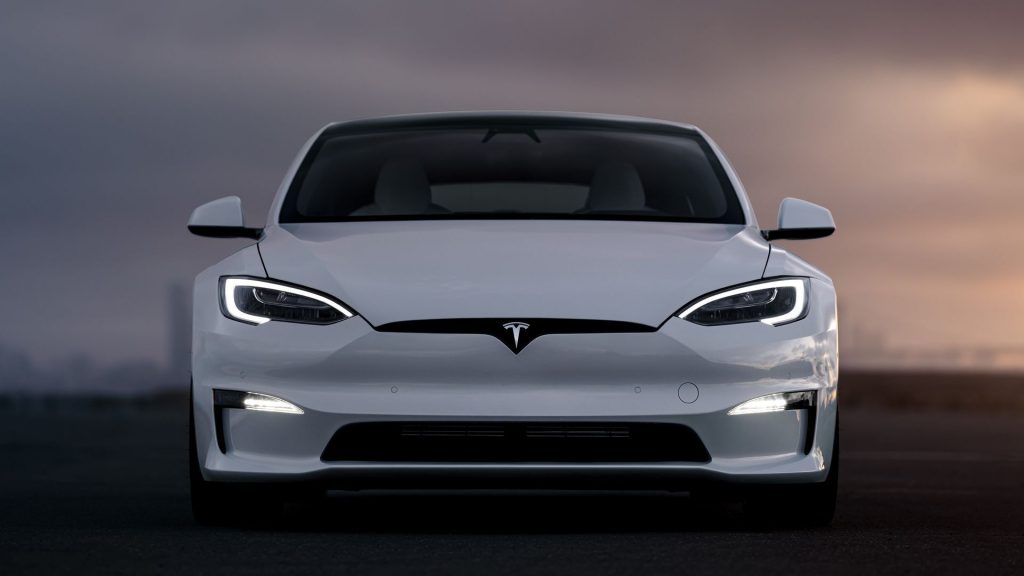Global trade tensions prompt shifts in the Chinese EV market
Ella Greene April 12, 2025 0
- Amid rising international trade tensions, the Chinese EV market is navigating several policy shifts underpinning its relations with the U.S. and Europe. The changes are expected to impact how numerous electric models are priced and traded globally.
- Both Beijing and the EU are exploring a price floor agreement for Chinese-made EVs sold in Europe. In the U.S., Beijing’s retaliatory tariffs have led Tesla to halt new orders from China for its U.S.-built Model S and Model X vehicles.
- Despite global trade turbulence, China’s EV industry is projected to remain strong. Analysts forecast 13 million EV sales in 2025, a 17% increase from the previous year.
Full Story
Amid escalating international trade tensions, several developments are unfolding in the Chinese electric vehicle (EV) market. Both China and its trading partners are reevaluating how numerous electric models are priced and traded across borders.
How will these changes impact Chinese EV exports to Europe?
The European Union and China have started discussions on establishing minimum price thresholds for Chinese-made EVs sold in Europe. A European Commission spokesperson confirmed this proposal, which is being positioned as a possible alternative to the steep tariffs introduced by the EU in October 2024.
These tariffs, which can run as high as 45.3%, were implemented following an investigation by the European Commission that cited concerns over state subsidies. Officials in Europe argued these policies allowed Chinese-made EVs to be sold at artificially low prices, placing European manufacturers at a competitive disadvantage.
Negotiations between the European Commission and China’s Ministry of Commerce are set to begin immediately, according to both parties.
How are U.S.-China trade tensions affecting the EV market?
Meanwhile, in the United States, China’s ongoing trade war with the Trump administration is also set to impact the Chinese EV sector. After Beijing imposed a wave of reciprocal tariffs on U.S. imports this week, Tesla stopped accepting new orders from Chinese customers for its American-built Model S and Model X vehicles.
Is Tesla losing ground in the Chinese EV market?
Although Tesla continues to operate its Shanghai-based Gigafactory, which manufactures vehicles for both local and international markets, the automaker’s position in the Chinese EV sector is facing increasing pressure from domestic manufacturers, particularly China’s BYD. Once the country’s market leader for two straight years in 2022 and 2023, Tesla fell to third place in total EV sales by brand for 2024.
According to recent data, Tesla’s China-made vehicle sales declined 11.5% year-over-year last month, while BYD recorded a 23% increase in the same period.
What happens next?
Despite these multiple international shifts in trade policy, the outlook for China’s EV industry remains optimistic. Analysts project that nearly 13 million EVs will be sold in China in 2025 — a 17% increase from the previous year.
Related Stories
Ella Rae Greene, Editor In Chief
Ella Greene
Ella and the staff at Clear Media Project (CMP) curate these articles.
Unless otherwise noted CMP does not write these articles.
The views, thoughts, and opinions expressed in the articles published on this blog belong solely to the original authors and do not necessarily reflect the views of the blog owner. The blog owner does not claim ownership of the content shared by contributors and is not responsible for any inaccuracies, errors, or omissions.
All rights and credits goes to its rightful owners. No Copyright Infringement is intended. If you believe any content infringes on your rights, please contact us for review and potential removal.





